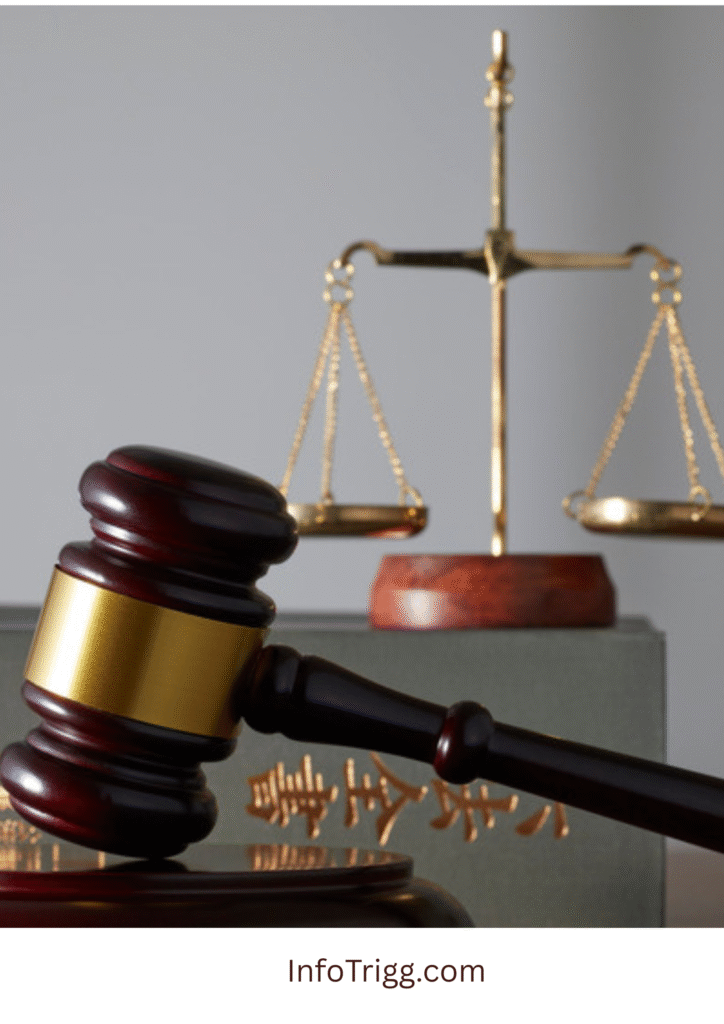
Introduction: A Moment Where Law Surpasses Power
The Constitution of India guarantees the rule of law as part of its commitment to equality, stating in Article 14 that no person, regardless of status or power, is above the law.India shows its commitment to equality before the law not just as a symbolic gesture. This commitment not only defines its democracy, but also anchors its identity as a law-governed state and ultimately reflects the principles of the Rule of Law.
Most recently, this foundational legal principle and the inclusivity of equality before the law was tested once again with the shocking conviction of Prajwal Revanna, a sitting Member of Parliament, and grandson of former prime Minister, H.D. Deve Gowda. Accused of rape and sexual assault of multiple women, and backed by gut-wrenching video evidence, his case horrified the nation. As a result, it ignited a nationwide discussion. Can a politician from the highest echelons of power, at the uppermost level of the public sphere still face consequences for acts that break the same laws an ordinary citizen would break?
Hence, This blog will return to 10 landmark convictions of powerful people, from the world’s largest democracy’s political and religious elite, and remind us all that constitutional morality—not caste, charisma, or connections—must ultimately be preferred in a court of law.
Constitutional Morality
"Nearly all men can stand adversity but if you want to test a man's character give him power".
- Abraham Lincoln
The apex court has consistently treated constitutionalism as an important aspect of democracy. To uphold this principle, the following instruments play a crucial role:
a. Judicial review.
b. Office of CAG.
c. Free press.
d. Fundamental rights.
The spirit of constitutionalism is essential to maintain the liberal democratic character of the state. Moreover, limiting general governmental powers is crucial to ensuring the true and free exercise of human liberty.
“The constitution is the charter of powers given by liberty and it is not the charter of liberty given by powers”. -Palkhivala (The eminent jurist)
Constitutional Morality
The term constitutional morality is now in vogue given its frequent citation, by the apex court, in its path-breaking pronouncements. Interestingly, The term constitutional morality was used, by Dr BR Ambedkar, in his famous speech, i.e. the Draft Constitution of 4th Nov 1948. Dr Ambedkar referred this term to George Grote in his book : A History of Greece.
Constitutional morality can be summarized below in the three forms:
i. Supreme fidelity to the Constitution, not only in its letter but also in spirit; i.e. the intrinsic commitments to the forms of the Constitution.
ii. Leaders should reconcile the conflicting aspirations of different sections of society using a constitutional process rather than arbitrary or populist means.
iii. Governance rooted in principle, You must use principled understanding of the constitution in acting or implementing the governance.
The term constitutional morality is devoid of constitutional mention (not mentioned in the constitution).
In UPSC 2025 Main GS paper 2 – direct question on constitutional morality was asked which makes this topic even more important.
UPSC mains 2025- Constitutional morality is the fulcrum which acts as an essential check upon the high functionaries and citizens alike…”
In view of the above observation of the Supreme Court, explain the concept of constitutional morality and its application to ensure balance between judicial independence and judicial accountability in India.
(Answer in 250 words) 15
Landmark Judgements
a. In this context, Government of NCT of Delhi vs Union of India case (4th July 2018), the Supreme Court described constitutional morality, as “second basic structure doctrine.” Furthermore, It viewed this as an enabling framework that allows society to renew itself.
b. Similarly, In the Indian Young Lawyers Association vs State of Kerela Case: This is popularly known as the Sabrimala Case.
the Supreme Court invoked the principle of constitutional morality to uphold women’s right to enter the Sabarimala temple. The Court emphasized that traditions and religious practices must conform to constitutional values, particularly those of equality and dignity.
c. In Navtej Singh Johar vs Union of India Case: The apex court applied the doctrine of constitutional morality and differentiated public morality and constitutional morality. Notably, It held that constitutional morality has preference over public morality.
Top 10 Convictions of Powerful and Influential Indians
Lalu Prasad Yadav
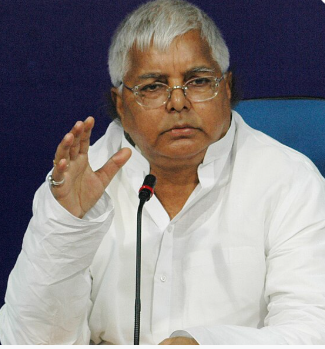
Title: Former Chief Minister of Bihar, Union Minister of Railways
Offense: Fodder Scam – fraudulent withdrawals from the Bihar treasury
Year of Conviction: 2013 (varied convictions from 2013–2022)
Sentence: Range from 5 years to 14 years (he is also fined); sentences varied across the cases.
Significance: Marked a first in getting rid of a heavyweight in politics, as well as revealing systemic corruption in state administration.
Jayalalithaa
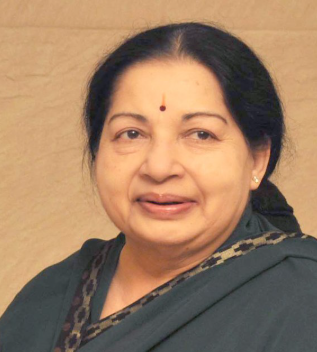
Title: Former Chief Minister of Tamil Nadu
Offense: Disproportionate Assets Case
Year of Conviction: 2014 (trial court), 2015 acquittal, 2017 reconviction posthumously by the Supreme Court
Sentence: 4 years imprisonment and ₹100 crore fine (original judgement)
Significance: First sitting CM to be convicted and disqualified but kept her persona in the public’s mind.
Andimuthu Raja
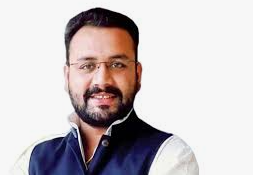
Title: Former UP Minister
Offense: Murder of poet Madhumita Shukla
Year of Conviction: 2007
Sentence: Life imprisonment (along with his wife)
Significance: Politician jailed for a gruesome crime involving abuse of power; still influential behind bars.
Om Prakash Chautala
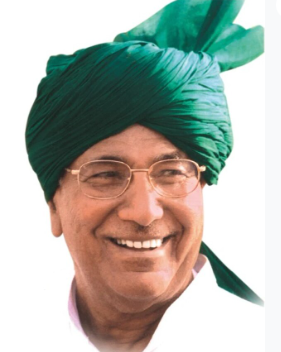
Title: Former Chief Minister of Haryana
Offense: Illegal recruitment of 3,206 junior basic teachers
Year of Conviction: 2013
Sentence: 10 years imprisonment
Significance: Moreover,it Indicated abuse of power in public service appointments and served as a deterrent against this level of recruitment scams in institutions.
Gurmit Ram Rahim Singh

Title: Head of Dera Sacha Sauda
Crime: Rape of two female disciples; subsequently convicted for the murder of a journalist in addition to sacrilege.
Date convictied: 2017 (rape); 2019 (murder); 2023 (sacrilege)
Sentence: 20 year sentence for rape, life sentence for murder
Relevance: He exposed the abuse of power by self-styled godmen. Moreover, post his arrest violent riots took place in Haryana and Punjab.
Asaram Bapu
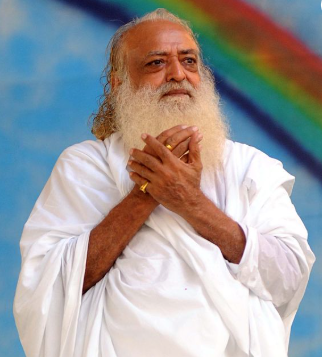
Title: Spiritual Guru
Crime: Rape of a minor girl (under POCSO Act)
Date convicted: 2018
Sentence: Life Imprisonment
Relevance: Therefore, He reiterated the law against religious cult figures and religious leaders on child abuse or sexual exploitation.
Raghavji
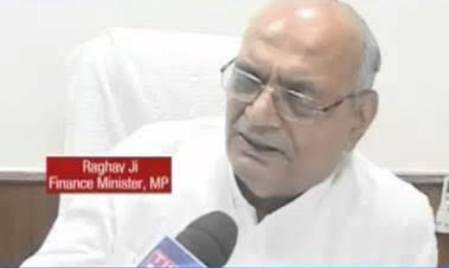
Title: Former Finance Minister of Madhya Pradesh
Crime: Sodomy and sexual exploitation of a male domestic help
Date convicted: 2014 (case filed); convicted in 2017
Sentence: 7 years rigorous imprisonment
Relevance: Interestingly,he is one of the rare high-profile convictions in a same-sex assault case under Section 377 IPC (pre de-criminalisation of consensual homosexuality).
Sukhram
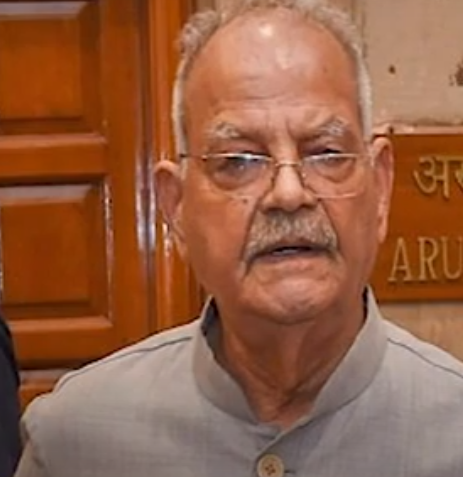
Role: Former Union Telecom Minister
Offense: Corruption and possession of disproportionate assets
Appearing Year: Convicted in 2002, 2009, and 2011 (in different telecommunication cases)
Punishment: 3-5 years in jail for each case
Meaning: The recovery of ₹3.6 crore in cash from his residence created hushed shock in the public and as a result, gave a head start to the arrival of corruption in the telecom space.
Anand Mohan Singh

Role: Former MP (Bihar)
Offense: Instigating Murder of IAS officer G. Krishnaiah (1994)
Punishment: Death sentence (later commuted to life imprisonment); released in 2023 controversially
Relevance: IAS fraternity protested release; symbol of weakening rule of law under political pressure
Prajwal Revanna

Title: Sitting MP (JDS) Grandson of Ex-PM H.D. Deve Gowda
Crime: Rape and sexual assault of multiple women; over 2000 explicit videos leaked
Date of case: 2024; Convicted after Arrested in 2025 after returning from Germany
Sentence: Life imprisonment and 10 Lakh rupees Fine
Relevance: Triggered national outrage on the misuse of political power and institutional shielding; tests the judiciary too.
However, These judgments and punishments, are the mere evidence of a larger shift in the Constitution and society, which is accountability and equality, and the expansion of constitutional morality.
- Law Applies to Everyone– Its onto these judgments, that reaffirms the fundamental legal concept: “Be you ever so high, the law is above you.” It applies equally to chief ministers, union-ministers, spiritual leaders and MPs, demonstrating that position cannot protect one from law or accountability in a democracy.
- Constitutional Support – Article 14 and Article 21– Article 14 – Equality of all individuals under law and equal protection under laws – enshrines that each citizen regardless of stature, is
- Role of Judiciary and Investigative Journalism– An independent judiciary defied the pressure of powerful lobbies and delivered significant verdicts in many cases. Investigative journalists and whistleblowers revealed scams, recorded testimonies, and kept public pressure alive despite immense personal risk. Together, they exemplify the institutional resilience of Indian democracy.
- Rise of Constitutional Morality- As B.R. Ambedkar envisioned, the Constitution is not simply a legal-cum-operational text – it is a moral document. These cases also signify the nascent but gradual rise of constitutional morality over political expedience, feudal privilege, or sterile religious loyalty.
Challenges in Servicing Convictions of the Powerful
While there have been some victories of justice, identifying and penalising those in positions of power remains a Herculean task owing to several systemic and societal challenges: As of January 2025, 4,732 criminal cases are pending trial against sitting or former legislators—many dragging on for over two decades in some states. Some of the challenges are:
- Delay in Justice– Long trials, multiple adjournments, endless remands and appeals foster delay. “Justice delayed is justice denied” is especially painful if victims are left waiting for years, whilst the accused are free to operate politically or socially. For Example, Environmentalist Pachauri has been accused of Rape but the trials are so long that Pachauri has died but trials are still going on.
- Media Trials and Story Telling- However, Stories often become sensational at the expense of facts. As a result, The accused being able to media manage, or sway public opinion in favour of their ostensible virtue may potentially, affect judicial impartiality.
- Witness Intimidation & Effectiveness– In many infamous cases of significant notoriety, witnesses turn hostile through coercion, threats, or bribes. ADR analysis for the 18th Lok Sabha shows that 251 out of 543 MPs (46%) face criminal charges, with 170 (31%) involved in serious crimes such as rape, murder, kidnapping, or crimes against women . Over 40% of sitting MPs and 25% of Rajya Sabha and Lok Sabha members have declared criminal cases, including serious charges like murder and rape
The Next Steps: Ensuring Rule of Law and Constitutional Morality
The state of India should be committed to justice not only by punishing guilt but by doing it in as expedient, transparent, and fair manner as possible(in whatever state). Additionally, India can draw from the best practices from elsewhere in the world to protect and develop its democratic character and constitutional morality.
Fast-track courts and special courts
India should establish more fast-track courts and also special courts that can help with areas where there is either corruption, sexual crimes, or abuse of authority. Like the Crown Courts in the UK and the High Courts for Public Officials in South Korea which expedite these cases and prevent backlog of these high profile judicial matters.
Witness protection programmes
The witness protection scheme of India (2018) has been introduced, but it needs to be realized through proper implementation and the use of funds to augment the witness protection scheme. The US has a witness security programme (WITSEC) that removes and adopts the identities of persons who are witnesses. This is an advanced model of witness protection case that opportunities demonstrated in adjudication and sentencing assessment as sensitive to the Welfare of Witnesses.
Taking a cue from, “Due Process of Law” (USA)
Now, while India explicitly recognizes only “procedure established by law” (Article 21), courts are working towards substantive due process that achieves simply and inherently procedural fairness.
If US courts are prepared to disregard legislation or investigations that are outright procedurally unfair (and maybe procedurally invalid as well), then there may be a useful constitutional justification for Indian courts to incorporate this more firmly into their jurisprudence in order to afford citizens additional protection from frequent and rampant state abuses of process and willful subversions of the rule of law in some high-profile cases.
Independent Prosecution Agency
Many countries have independent prosecution agencies – South Africa and United Kingdoms CPS are examples – which are legislatively insulated from political pressures. India has a unique opportunity to establish prosecutorial independence as part of ongoing reforms within the CBI and ED.
Public awareness and education empower legal knowledge. Civil Society should not feel disheartened and should continue to seek accountability for state impunity through raising demands for accountability, and publicizing ordinary citizens’ constitutional rights.
Civic legal literacy and availability of public law education is rapidly increasing from school ages in Scandinavian countries which has also created a civic culture that has limited the tolerant attitude toward white collar crime.
Judicial Independence
Elevating, transferring and posting judges should undergo timelines and public transparency; the collegium has infinite powers to appoint judges and could be subject to review simply because of its lack of procedure.
For example, the German Federal Constitutional Court has fixed terms and transparent appointments to ensure independence and accountability in the exercise of its powers and functions.
Conclusion
“The Constitution is not a mere lawyer’s document, it is a vehicle of Life.”- Dr. B.R. Ambedkar
While the convictions of powerful people are few and far in between, and often delayed, they send a strong signal: that there are moments when constitutional morality will win out over power, wealth, and political might.
These consequential decisions uphold the ideals of our democracy: Article 14 (Equality before Law) and Article 21 (Right to Life and Dignity). They brought to life a fledgling assertion of strength around our judiciary, investigative journalism, and rule of law institutions that are given independence to flourish. But justice does not happen in a vacuum. Justice sits upon the vigilant citizen, with knowledge of rights and willingness to seek accountability, who is the strongest and best protector of the Constitution.
Every time a courtroom resounds with the reality that “No one is above the law” is how India’s democracy gets stronger and richer.
Do read Infotrigg’s post on Iran Israel war.
Read more: Top 10 High-Profile Convictions Driven by Constitutional Morality

But the question is equality is still defined regardless of the monetory power one has ?!
Thanks for your comment.
You’re right—those with more money often get faster legal relief, which highlights deep gaps in access to justice. While the law promises equality, real-world outcomes can differ. Raising awareness like this is key to pushing for a fairer system.